Partners
Federal Partners
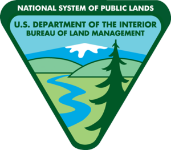
Bureau of Land Management
The Bureau of Land Management’s mission is to sustain the health, diversity, and productivity of America’s public lands for the use and enjoyment of present and future generations.
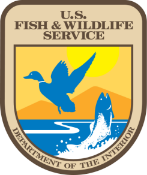
Fish and Wildlife Service
The U.S. Fish and Wildlife Service works with others to conserve, protect, and enhance fish, wildlife, plants, and their habitats for the continuing benefit of the American people.
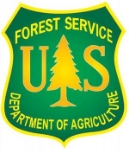
Forest Service
The U.S. Forest Service’s mission is to sustain the health, diversity, and productivity of the nation’s forests and grasslands to meet the needs of present and future generations.

Geological Survey
The U.S. Geological Survey is a science organization that provides impartial information on the health of our ecosystems and environment, the natural hazards that threaten us, the natural resources we rely on, the impacts of climate and land-use change, and the core science systems that help us provide timely, relevant, and useable information.
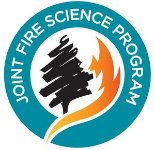
Joint Fire Science Program
FireScience.gov is your one-stop source to access fire science information, resources and funding announcements for scientists, fire practitioners and decision makers.
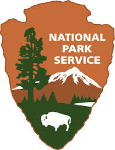
National Park Service
The National Park Service preserves unimpaired the natural and cultural resources and values of the National Park System for the enjoyment, education, and inspiration of this and future generations.
Other Partners
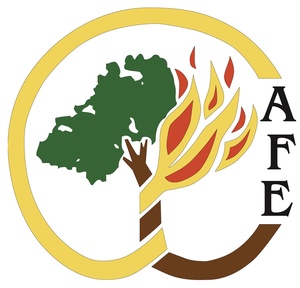
Association for Fire Ecology
The Association for Fire Ecology (AFE) is a nonprofit organization dedicated to improving the knowledge and use of fire in land management. Members include scientists, educators, students, managers, practitioners, policymakers, and interested citizens.
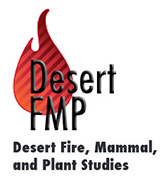
Desert Fire, Mammal, and Plant Studies
Desert FMP’s goal is to better understand how deserts recover from fires. This will help to predict post-fire recovery potential of the biological community and identify management approaches that are most likely to aid in recovery.
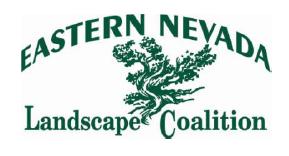
Eastern Nevada Landscape Coalition
The Eastern Nevada Landscape Coalition is dedicated to restoring the dynamic, diverse, resilient landscapes of the arid and semi-arid West for present and future generations through education, research, advocacy, partnerships, and the implementation of on-the-ground projects.
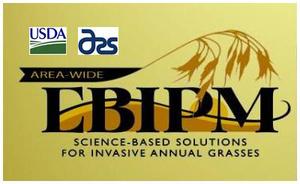
Ecologically-Based Invasive Plant Management
Ecologically-based invasive plant management combines state and transition models and successional management as a framework to make the best management decisions for a given landscape based on ecological principles.
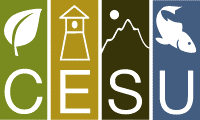
Great Basin Cooperative Ecosystem Studies Unit
The mission of the Great Basin CESU is to create a partnership for research, technical assistance and education that enhances understanding and management of natural and cultural resources within the Great Basin.
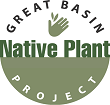
Great Basin Native Plant Project
A multi-state, collaborative research project whose objectives are to improve the availability of native plant materials and to provide the knowledge and technology required for their use in restoring diverse native plant communities across the Great Basin.

Living With Fire
The Living With Fire program developed a set of consistent wildfire threat reduction recommendations for Nevadans that have been shared with thousands of homeowners living in fire prone areas throughout the country. Living With Fire is a collaborative effort involving many organizations and is managed by University of Nevada Cooperative Extension.

SageSTEP
SageSTEP is a long-term multidisciplinary experiment evaluating methods of sagebrush steppe restoration in the Great Basin. SageSTEP scientists are studying the effects of land management options to provide resource managers with improved information to make restoration management decisions with reduced risk and uncertainty.

Society for Ecological Restoration
The Society for Ecological Restoration is dedicated to reversing this degradation and restoring the earth’s ecological balance for the benefit of humans and nature. The Great Basin Chapter works to promote the science of ecological restoration and information exchange among practitioners, researchers and the general public in the Great Basin.
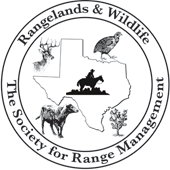
Society for Range Management
The Society for Range Management is the professional society dedicated to supporting persons who work with rangelands and have a commitment to their sustainable use.
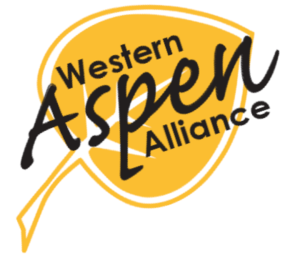
Western Aspen Alliance
The Western Aspen Alliance is a joint venture between Utah State University’s College of Natural Resources, USDI Bureau of Land Management, and the USDA Forest Service Rocky Mountain Research Station and National Forest Systems, whose purpose is to facilitate and coordinate research issues related to quaking aspen communities of the west.

